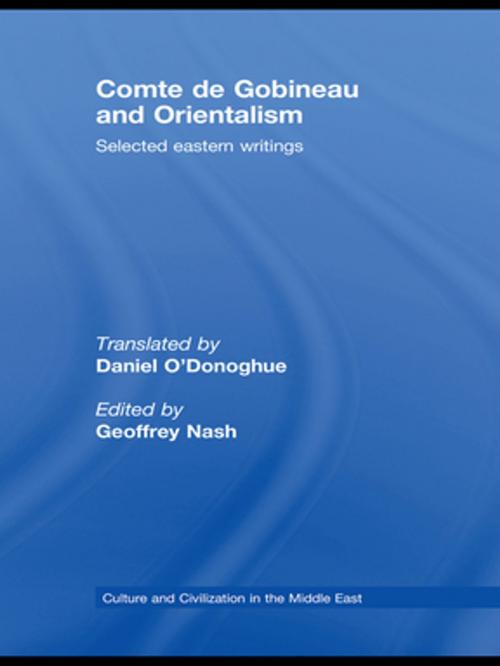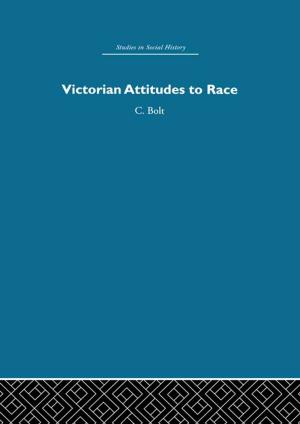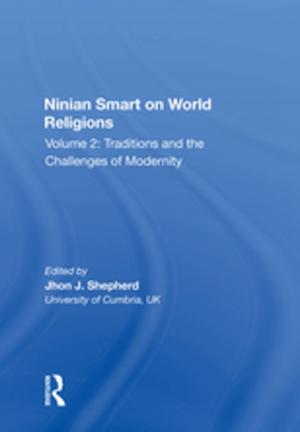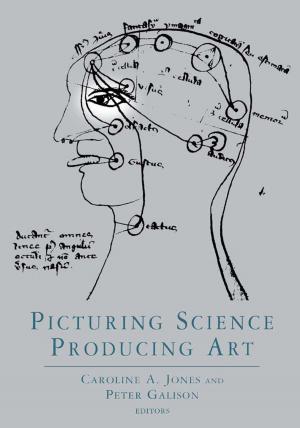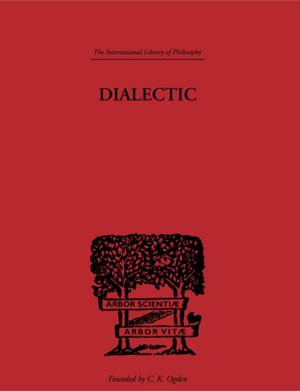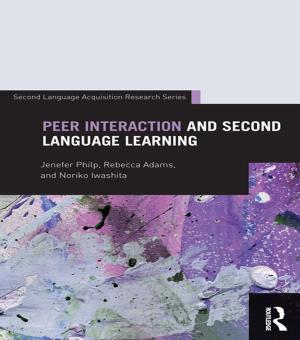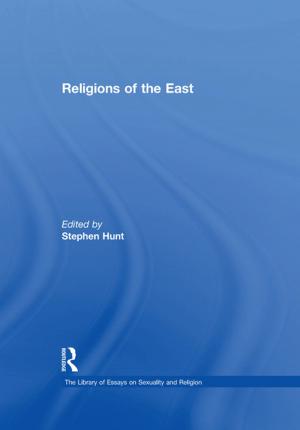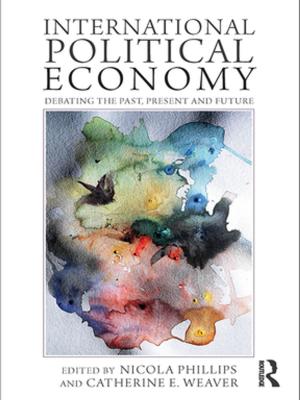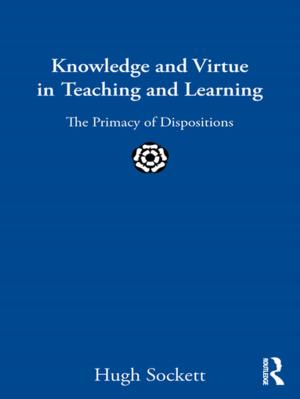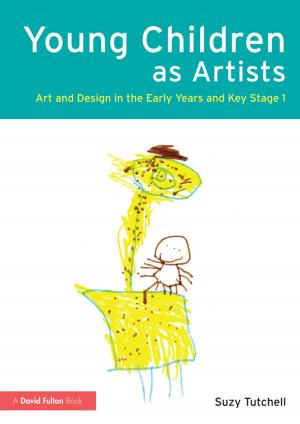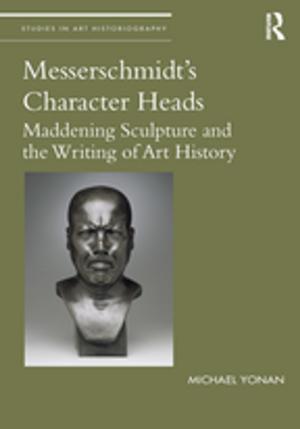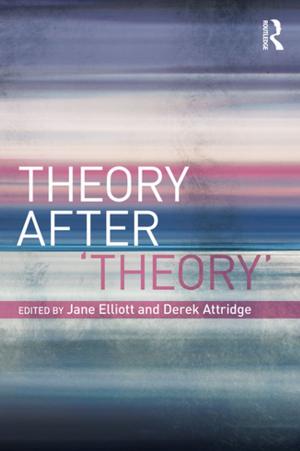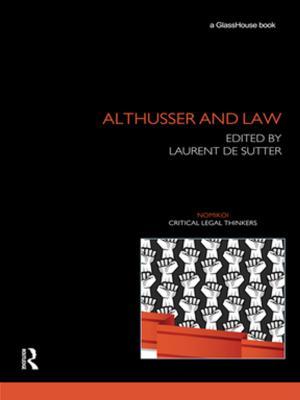Comte de Gobineau and Orientalism
Selected Eastern Writings
Nonfiction, Social & Cultural Studies, Political Science, Social Science| Author: | ISBN: | 9781134069897 | |
| Publisher: | Taylor and Francis | Publication: | September 10, 2008 |
| Imprint: | Routledge | Language: | English |
| Author: | |
| ISBN: | 9781134069897 |
| Publisher: | Taylor and Francis |
| Publication: | September 10, 2008 |
| Imprint: | Routledge |
| Language: | English |
Though known to specialists, Comte de Gobineau’s vital if idiosyncratic contribution to Orientalism has only been accessible to the English reader through secondary sources. Especially important for its portrayal of an esoteric Sufi sect like the Ahl-i Haqq, and its vivid narrative of the Babi episode in Persia, Gobineau’s work impacted significantly on European intelligentsia, including Ernest Renan, Matthew Arnold, Lord Curzon, and the Orientalist Edward Granville Browne.
Daniel O’Donoghue’s brilliant translation now makes available sizeable extracts from Gobineau’s two most important writings on the East: Three Years in Asia and Religions and Philosophies of Central Asia. Geoffrey Nash’s comprehensive introduction and notes contextualise Gobineau’s work in the light of contemporary scholarship, as well as assessing its impact on nineteenth century Orientalists and modern Iranians, and its relevance to debates around Islam and modernity that are still alive today.
Though known to specialists, Comte de Gobineau’s vital if idiosyncratic contribution to Orientalism has only been accessible to the English reader through secondary sources. Especially important for its portrayal of an esoteric Sufi sect like the Ahl-i Haqq, and its vivid narrative of the Babi episode in Persia, Gobineau’s work impacted significantly on European intelligentsia, including Ernest Renan, Matthew Arnold, Lord Curzon, and the Orientalist Edward Granville Browne.
Daniel O’Donoghue’s brilliant translation now makes available sizeable extracts from Gobineau’s two most important writings on the East: Three Years in Asia and Religions and Philosophies of Central Asia. Geoffrey Nash’s comprehensive introduction and notes contextualise Gobineau’s work in the light of contemporary scholarship, as well as assessing its impact on nineteenth century Orientalists and modern Iranians, and its relevance to debates around Islam and modernity that are still alive today.
